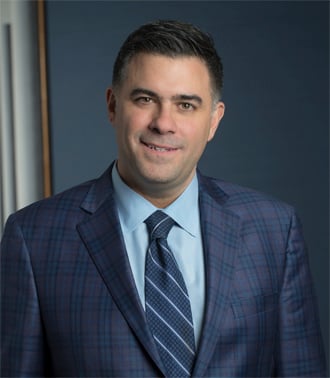ABA False Claims Act Panel Dishes Out the Truth on Long-Term Care, Whistleblowers, and Cybersecurity
Continuing our coverage of the ABA’s White Collar Crime Conference, we attended an afternoon False Claims Act-focused panel yesterday composed of private practitioners Ralph J. Caccia, Jonathan Diesenhaus, Jillian Estes, and Zane David Memeger, along with Jamie A. Yavelberg of DOJ’s Civil Fraud Section. The panel took an in-depth look at recent FCA developments. In addition to a nice shoutout about Arnold & Porter’s FCA dashboard, key takeaways included:
- Long-Term Care in the Pandemic: Yavelberg spoke at length about the problems with long-term care cases associated with the COVID-19 pandemic. While recognizing that the virus wreaked havoc on many skilled nursing facilities (SNFs) across the country, she focused on those facilities that fell far below the standard of care for infection control. Yavelberg highlighted DOJ’s nursing home initiative and explained how DOJ sought to identify those SNFs with substandard care. Ultimately, she concluded that the pandemic cast a spotlight on those SNFs with poor infection controls.
- Sources of FCA Cases—Whistleblowers and Data Analytics: When asked about whistleblowers driving the DOJ civil agenda, panelists noted the increased number of DOJ-originated cases. Yavelberg said that “whistleblowers are an essential piece of enforcement puzzle,” but that increased access to easy-to-use data also allows DOJ to analyze problem areas in real time. “Data is more streamlined and easier to access than ever,” she noted. DOJ “can test the allegations against the data to determine whether it is borne out or not,” she explained, so that DOJ can spend its resources investigating issues of scienter. Yavelberg also noted that companies can proactively use data to stop problems before they get out of control; she encouraged compliance officers to use publicly available data to identify issues and implement corrective actions before DOJ sees the need to get involved.
- Parallel Investigations: Yavelberg encouraged defense attorneys to work with and include DOJ civil attorneys, even where criminal liability is involved. While liberty might not be at stake, she noted that civil FCA cases are about damages and DOJ wants “the money back” when the government has been defrauded.
- Cybersecurity and Government Contractors: Yavelberg also discussed DOJ’s Cyber-Fraud Initiative, which is less than a month old. She expected that DOJ would focus on misrepresentations that government contractors make about cyber capabilities and could bring FCA cases against contractors that fail to meet cybersecurity standards such as protecting data, restricting access to data, and timely reporting of cyber threats.
For questions about False Claims Act enforcement, contact the authors or any of their colleagues in the White Collar Defense & Investigations and False Claims Act Investigations & Defense groups. Also consider following our Qui Notes blog for the latest FCA developments.
© Arnold & Porter Kaye Scholer LLP 2021 All Rights Reserved. This blog post is intended to be a general summary of the law and does not constitute legal advice. You should consult with counsel to determine applicable legal requirements in a specific fact situation.

